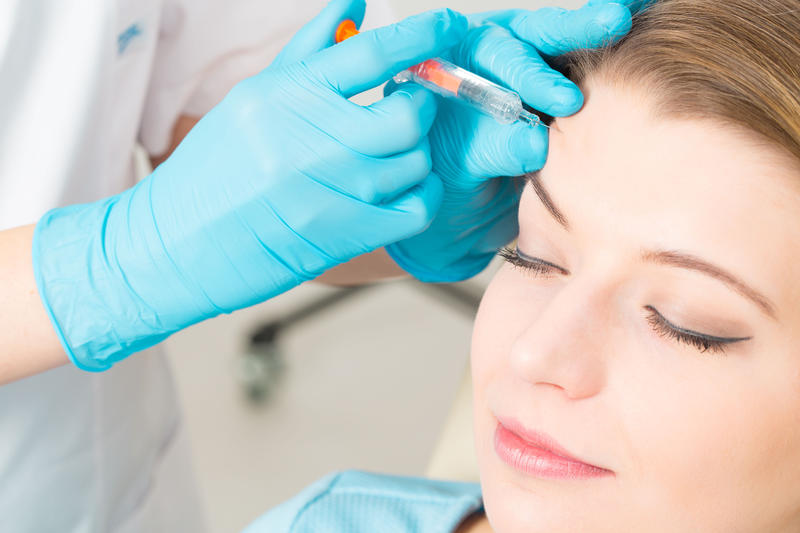
This comprehensive, two-day, hands-on course prepares you to successfully integrate Botox® and dermal filler treatments into your practice. If you are seeking to learn the injections or just to refresh your skills and knowledge, you’ll leave with a deeper understanding of esthetic evaluation, diagnosis, appropriate injectable selection, a three-dimensional appreciation of the facial envelope as well as how to avoid and manage adverse events.
Register for Upcoming Sessions
November 9, 2024 8:00 am - November 10, 2024 5:00 pm
All times for all events are in local Central Time.
Lynda J. Young Conference Room
6-410 Moos HS Tower
Minneapolis Campus
Course Number: CF4012
Enrollment is limited to 24.
Esthetic dentistry has seen an absolute boom over the last 30 years. But creating beautiful smiles doesn’t end with the dentition, it involves all the surrounding soft tissues. It’s time to bring your esthetic practice to the next level!
This intensive weekend begins with robust didactic presentations each morning. The human cadaver anatomy workshop establishes a solid foundation for the layer-by-layer review of the muscles of facial expression, arterial supply, innervation and location of nerves, fat compartments, and bony substructure. The afternoon sessions focus on live-patient treatment with one-on-one instructor guidance.
Note
Lips are the most difficult area for the first time injector. Lip filler injections are not included in this training program.
Learn How To
- Identify specific areas of the aging face and features that can be improved by injectables
- Conduct a thorough patient consultation to evaluate the potential need for and assess the suitability of facial injectables
- Explain the biochemistry of botulinum toxins
- Discuss the physical properties of hyaluronic acid-based fillers and how to select the appropriate formulations
- Identify danger zones and pertinent neurovascular anatomy in a human cadaver specimen
- Avoid, recognize and manage adverse events
- Correctly document treatment – in writing and photographically
- Demonstrate aseptic standard of care
- Understand CDC guidelines for proper handling and reconstitution of multi-use vials
- Summarize patient aftercare
Training Methods
Lecture, case studies, instructor-led demonstrations, simulated patient injections, live-patient injections